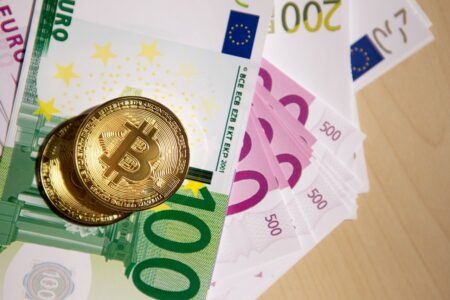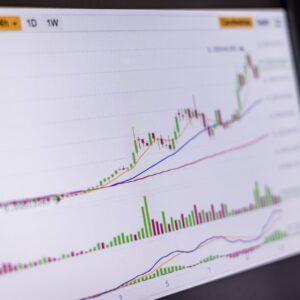Ripple Announces Full Licensing in Singapore
On October 3, Ripple announced that its Singapore-based subsidiary, Ripple Markets APAC Pte Ltd, has obtained a full Major Payments Institution (MPI) license from the Monetary Authority of Singapore (MAS). This comes four months after the company received preliminary approval for the same license, allowing it to offer digital payment token services in Singapore.
Ripple claims that this license is a significant milestone, emphasizing the practical utility of cryptocurrency solutions for businesses and financial institutions. The company views Singapore as a leader in digital asset regulation, making it a favorable location for leveraging cryptocurrency for cross-border payments, cryptocurrency liquidity, and central bank digital currencies.
According to Ripple’s CEO Brad Garlinghouse, the company has been expanding its presence in Singapore since establishing its Asia Pacific headquarters there in 2017. Garlinghouse stated that Ripple has doubled its local workforce over the past year and plans to continue its growth in what he describes as a “progressive jurisdiction.”
Singapore has a track record of adopting technology to stimulate economic growth and attract new investments. In 2022, the country secured the fourth spot on the IMD World Digital Competitiveness Ranking, which assesses a nation’s ability to adapt to new technologies.
Singapore’s clear regulatory framework is cited as a major factor in its success in the fintech sector. This clarity, according to industry observers, has been crucial in establishing a secure environment for businesses and institutions to explore cryptocurrency solutions.
Per Ripple’s blog post, surveys indicate that 90% of global finance leaders believe that blockchain and digital assets will have a significant impact on various sectors within the next three years. It also states that nearly half of the finance leaders in the Asia Pacific region are considering using cryptocurrencies for cross-border payments.
Ripple indicates that it will continue to prioritize the Asia Pacific region, given the increasing trend toward digital payments. The company cites forecasts that the volume of cashless transactions in the region is set to increase by 109% by 2025.
Featured Image via Pixabay









